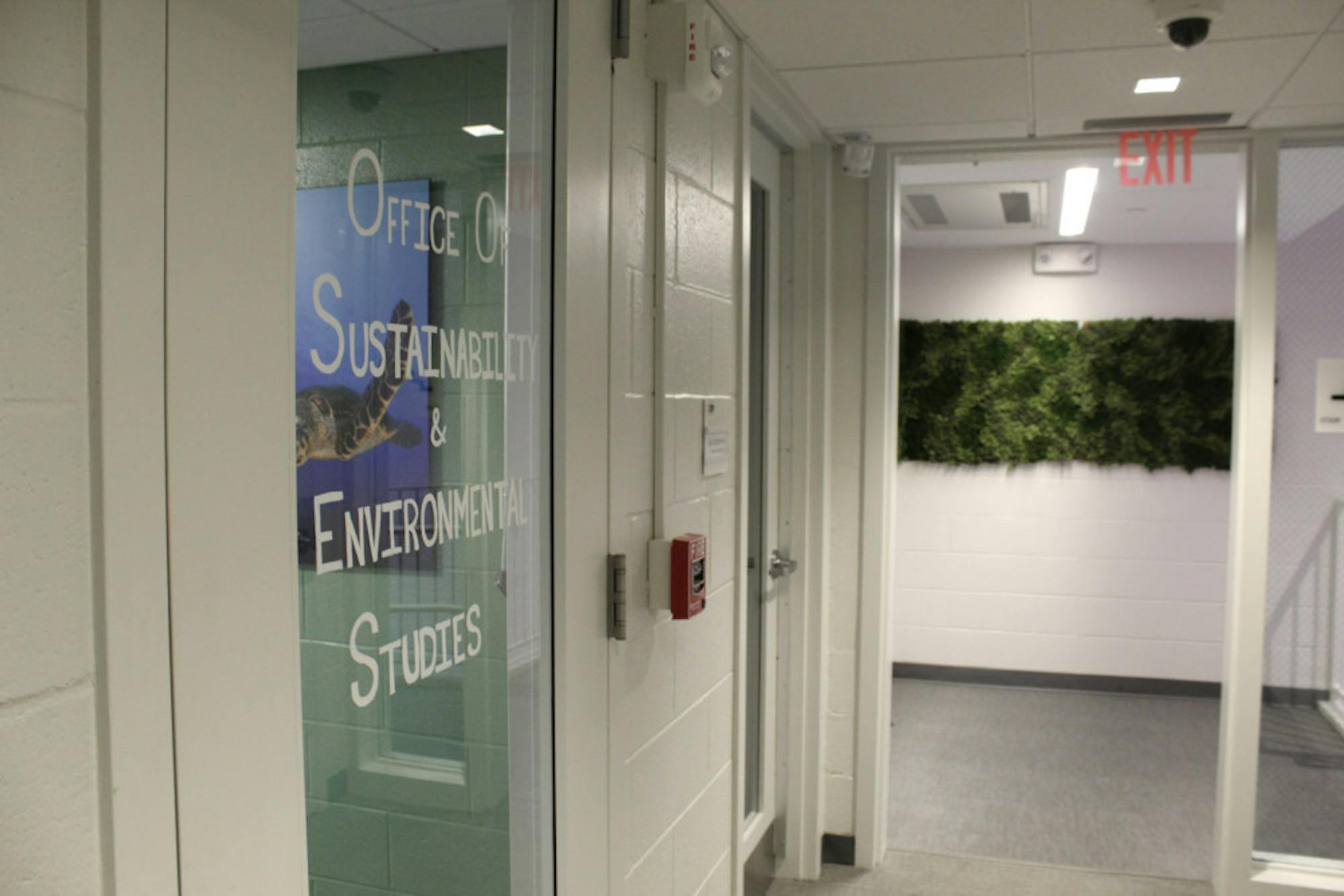Activist Kerry Bowie was the featured speaker at the latest Hoch Cunningham Environmental Lecture on Oct. 20. The Tufts Environmental Studies Program sponsored the event, where Bowie delivered a lecture titled, “Achieve a Just Energy Transition: Creating Jobs, Building Wealth, and Reducing Energy Burden.”
Bowie is a Somerville resident as well as the co-founder, president and executive director of Browning the Green Space, an organization that seeks to advance diversity, equity and inclusion in the clean energy industry. Bowie holds similar roles in the Majira Project, an organization that focuses on supporting startups and small businesses that are led by founders of color and underserved communities.
Bowie was introduced by the Rev. Vernon K. Walker, program director at Communities Responding to Extreme Weather, a Boston area organization aiding local communities in climate resilience work, and a current Master of Public Policy candidate at Tufts.
“[Bowie] has 25 years of experience in private, public and nonprofit management and previously served as the director of environmental justice at the Massachusetts Department of Environmental Protection … and has worked as a manager of facilities, environment, safety and health at Texas Instruments Research and Development Lab,” Walker said. “[Bowie] grew up in a fenceline community in Alabama … and has been a longtime advocate for environmental justice.”
Bowie grew up in Anniston, which he described as a small city in northeast Alabama.
“When I say ‘fenceline community,’ well, what’s on the other side of the fence? There was a Monsanto [chemical] plant,” Bowie said. “I thought it was normal, a couple times a month, for it to smell like hydrogen sulfide or rotten eggs.”
When Bowie was in elementary school, polychlorinated biphenyls, which are carcinogenic compounds, were found in a landfill near his home. The chemical plant tried to cover up the incident. Polychlorinated biphenyls have been banned in the United States since the passing of the 1979 Toxic Substances Control Act.
“The community I grew up in was at risk,” Bowie said, reflecting on the chemical exposures he experienced.
Browning the Green Space focuses on a comprehensive approach to address diversity, equity and inclusion by addressing both the racial wealth gap and climate change. BGS seeks to center justice in the coming energy transition, looking to address key areas of clean energy, climate technology, accessibility and equitable funding for vulnerable communities.
Bowie said BGS aims to serve and center Black and Brown communities in all elements of their work.
"Black and Brown voices and needs come first as we consider program design, resource distribution and the impact of our work,” Bowie’s presentation read.
Air pollution disproportionately affects African American and low-income communities, according to a study by Princeton University. BGS is seeking to change those statistics and increase equal accessibility to clean air for affected communities.
In a question and answer session following the lecture, a student asked Bowie how his organizations may be affected by capitalism and tensions arising from those who profit off of the climate crisis.
Bowie focused on his hopes for the project’s impact on Black and Brown communities. He hopes that the inclusion of these communities will bring social and economic justice. However, he acknowledges the need for institutional changes.
“While I was focusing on environmental justice, what I was hearing was economic justice, and I was hearing social justice,” he said. “All these things need to work together in tandem. We can’t work on one alone.”






